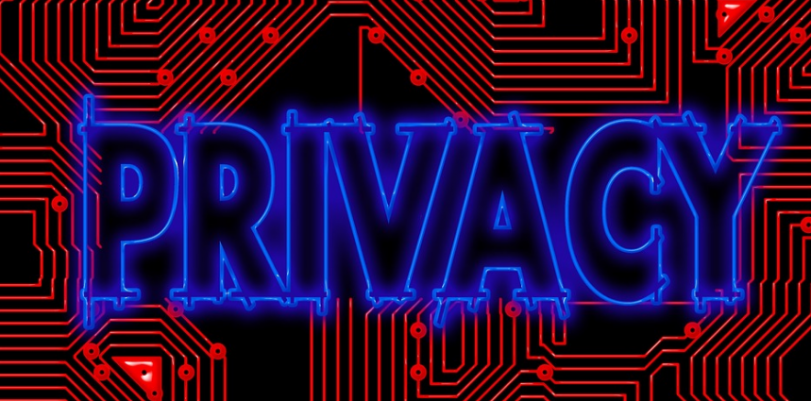The freedom to use and sell data collected by the ISPs (Internet Service Providers) such as Verizon, Comcast, and AT&T may soon be given back to these companies.
The US Senate has passed a resolution to deny the FCC’s rules concerning the online privacy of the America’s internet users. Adopting means that the ISPs will now have permission to use and sell your browsing history and any other data to whomever they see fit, with or without your consent. In order to do this, the Senate used a law called Congressional Review Act which is a part of Newt Gingrich’s Contract with America Advancement Act of 1996.
USA Becoming Big Brother?
ISPs complained that the FCC had exceeded its authority when they passed these rules and that the FCC was stricter than the FTC was about similar privacy rules.
The Internet & Television Association has said that this vote is “a critical step towards reestablishing a balanced framework that is grounded in the long-standing and successful FTC privacy framework that applies equally to all parties operating online.”
They added that “Our industry remains committed to offering services that protect the privacy and security of the personal information of our customers. We support this step towards reversing the FCC’s misguided approach and look forward to restoring a consistent approach to online privacy protection that consumers want and deserve.”
The 21st Century Privacy Coalition was supported by the communication industry, and it has been decided that the FCC has failed to place sensible restrictions on its breach notification standard.
Despite this decision, the consumer groups have condemned this action.
Consumers Hate FCC Ruling
Jonathan Schwantes, the Senior Policy Counsel of the Consumers Union has said that this vote is outrageous, and pointed out that the resolution doesn’t only kill the existing rules, but also prevents the FCC from adopting new ones, even if they turn out to be a weaker version. He stated that it’s hard to see how this benefits anyone but the marketing companies that have been aiding the Senate in bringing this resolution.
Dallas Harris, a Public Knowledge Policy Fellow called this “a clear sign that American interests come second to those of broadband providers….Without the FCC’s broadband privacy rules, Americans go from being internet users to marketing data — from people to the product.”
Tom Wheeler, the former FCC Chairman said that “the more our economy and our lives move online, the more information about us goes over our Internet Service Provider (ISP) – and the more consumers want to know how to protect their personal information in the digital age.”
The plan that FCC had was for cable and phone companies to notify their customers about the information they collect, including how they use it, and whom they share the information with. ISP’s would be required to do the same, and also to make this information available on the mobile app and a website.
Can VPNs Protect Data from FCC Ruling?
Some websites are claiming that even with encryption, ISPs can steal your data, but that’s simply not true. When you use a VPN you send your traffic through a secure virtual tunnel, and that encrypts your info and changes your IP so all of your traffic can’t even be tracked back to you.
Check out one of these top-rated VPNs to protect your data after this FCC debacle.
 |
 |
|
|---|---|---|
| Multi-platform Compatible | ||
| 256-AES Encryption | ||
| PRICE | $5 for 1 month with code "best10VPN" | $6.95 a month |
| Website Rating | 9.9 | 8.8 |
| 24/7 Live Chat | ||
| Residential / Dedicated IP for permanent streaming access | ||
| Has Mobile App + PC / Mac Support | ||
| Stealth VPN / Advanced Obfuscation techniques | ||
| Visit VPN Provider | Visit TorGuard | Visit PIA |
